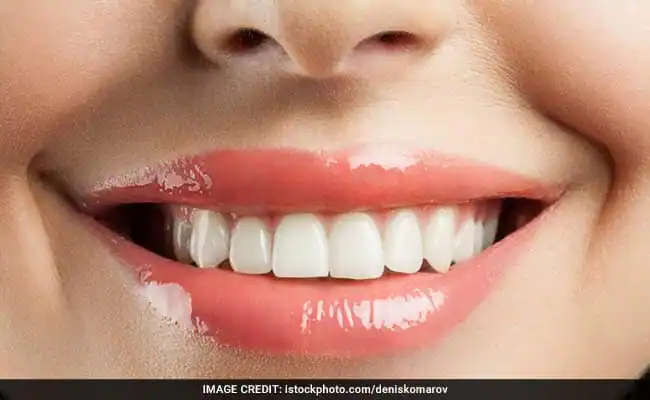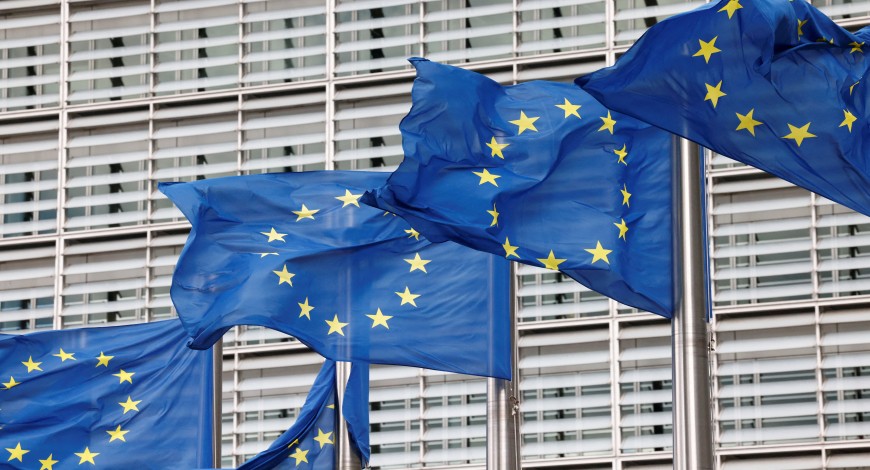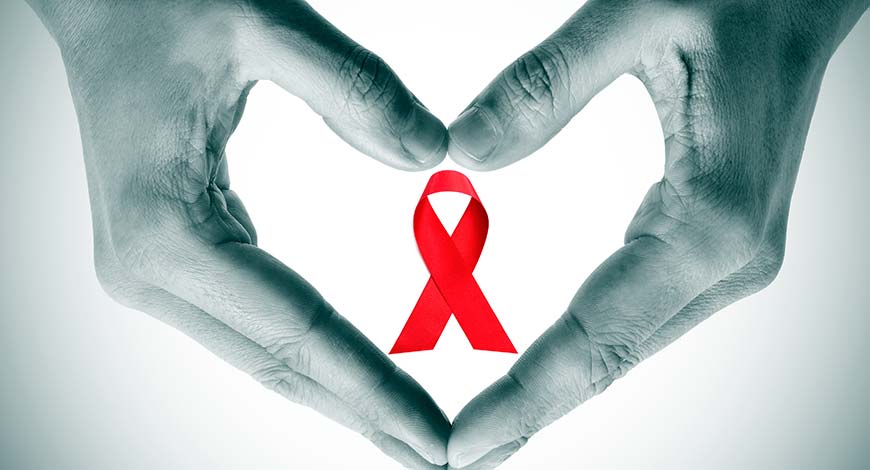
The temperature of the drinks we consume, whether hot or cold, can have significant effects on our teeth.
As summer seems to be endlessly prolonged enjoying a cold drink is the least we can do but unfortunately this relief is not afforded to those with sensitive teeth. Extremes of temperature affect all of us and our teeth in small ways however to some just having a cup of tea or a glass if ice water can be excruciatingly painful. The temperature of the drinks we consume, whether hot or cold, can have significant effects on our teeth. Understanding these effects and adopting appropriate dental care practices is essential for maintaining a healthy smile.
Effects of hot and cold beverages:
Enamel Damage: Consuming hot beverages such as coffee, tea, or hot chocolate exposes our teeth to high temperatures, which can weaken the enamel-the protective outer layer of our teeth. Repeated exposure to hot drinks can lead to enamel erosion, making teeth more susceptible to cavities, sensitivity, and discoloration.
Enamel Contraction: Cold temperatures cause the enamel of our teeth to contract. When we consume icy beverages, the rapid contraction and expansion of the enamel can weaken it over time, making the teeth more vulnerable to cracks, fractures, and tooth decay.
Dental Sensitivity: Drinking hot or cold beverages can aggravate tooth sensitivity. If you already have sensitive teeth, the heat from the drinks can stimulate the nerves in the teeth, causing discomfort or pain. The sudden temperature change can stimulate the nerves in the teeth, resulting in pain or a tingling sensation. Prolonged exposure to hot liquids can worsen sensitivity and make it uncomfortable to consume hot foods or beverages.
Staining: Hot beverages contain pigments that can stain teeth over time. Drinks like coffee and tea contain chromogens, which are compounds that latch onto tooth enamel, causing yellow or brown discoloration. Regular consumption of hot beverages can gradually darken the shade of your teeth, affecting your smile’s aesthetics.
Tips to prevent dental temperature sensitivity
1. Use a straw: When consuming hot or cold beverages, using a straw can help minimize the contact between the liquid and your teeth. This reduces the risk of enamel erosion and staining.
2. Rinse with water: After enjoying a hot or cold drink, rinse your mouth with water to help neutralize the pH level and wash away any lingering acids or sugars. This simple step can aid in maintaining a healthy oral environment.
3. Limit consumption: Moderation is key. While it may be difficult to eliminate your favorite hot or cold drinks completely, try to limit their consumption and enjoy them as an occasional treat rather than a daily habit.
4. Practice good oral hygiene: Brushing your teeth at least twice a day, flossing regularly, and using fluoride toothpaste can help strengthen the enamel and protect against tooth decay and sensitivity.
5. Visit your dentist: Regular dental check-ups are crucial for maintaining optimal oral health. Your dentist can identify any dental issues early on, provide professional cleanings, and offer personalized advice on maintaining a healthy smile.
Awareness of the impact of hot and cold beverages on our dental health is essential for preserving a confident smile. By understanding the potential risks and implementing good oral hygiene practices, we can enjoy our favourite drinks while minimizing their negative effects on our teeth. Remember to drink in moderation, maintain a regular oral care routine, and consult your dentist for personalized advice to ensure a healthy and vibrant smile for years to come.
(Dr. Nirali Patel, Dental Surgeon & Oral Implantologist)













